
ICESCO Affirms the Central Role of the Alliance of Civilizations in Promoting Peace and Intercultural Dialogue
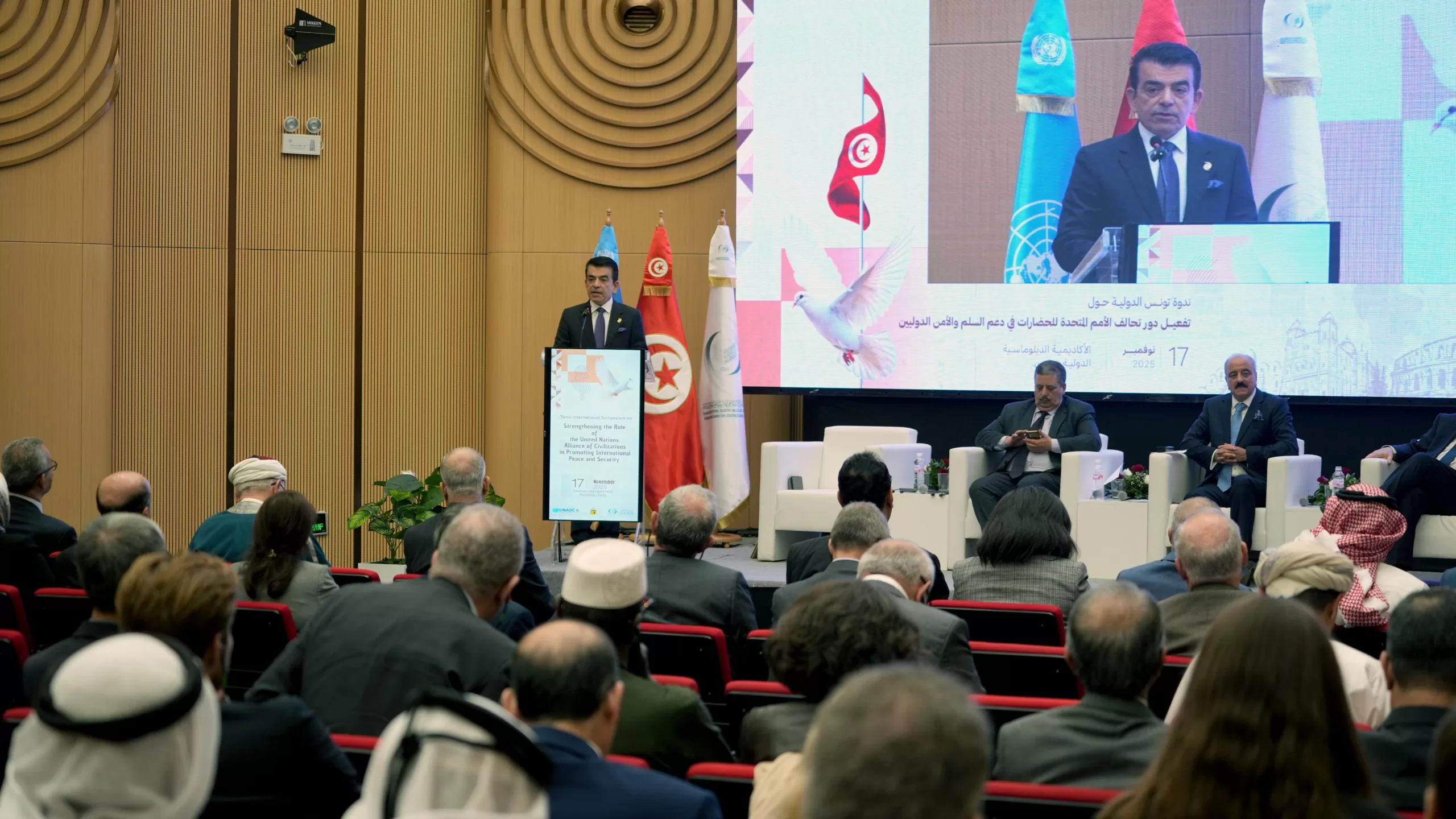
18 November 2025
The Tunis International Symposium on “Activating the Role of the United Nations Alliance of Civilizations in Supporting International Peace and Security” kicked off in Tunis, Tunisia, on Monday, 17 November 2025. The event was organized by the Islamic World Educational, Scientific and Cultural Organization (ICESCO) in partnership with the Ministry of Foreign Affairs, Migration, and Tunisians Abroad, as well as the United Nations Alliance of Civilizations. The opening session witnessed the presence of several ministers and senior officials, ambassadors of Member States, representatives of international and regional organizations, in addition to experts and academics from various countries around the world.
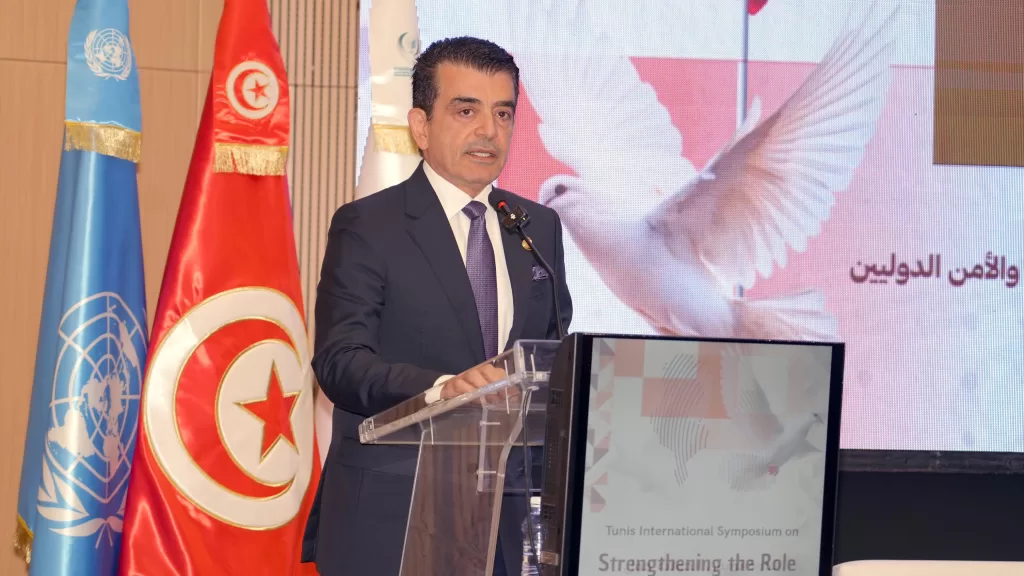
In his speech during the opening session, Dr. Salim M. AlMalik, Director-General of ICESCO, emphasized the central role of the United Nations Alliance of Civilizations in confronting the escalating challenges that threaten international peace and security. He pointed out that the symposium serves as an essential preparatory milestone for the 11th Global Forum of the Alliance of Civilizations, which will be held in Riyadh, Saudi Arabia, over the period spanning from 14 to 15 December 2025. He also stressed that the symposium contributes to shaping unified visions aimed at strengthening international cooperation in dialogue and intercultural understanding.
Dr. AlMalik presented ICESCO’s new concept of “Civilizational Diplomacy” as an ambitious vision that moves from idea to implementation through partnerships. He also affirmed that establishing an operational network for civilizational diplomacy is the path toward realizing the goals of the unifying theme of dialogue. He further highlighted the establishment of the ICESCO Chair for the Alliance of Civilizations at Qatar University and the development of a track of related educational, scientific, and cultural programs aimed at empowering youth.
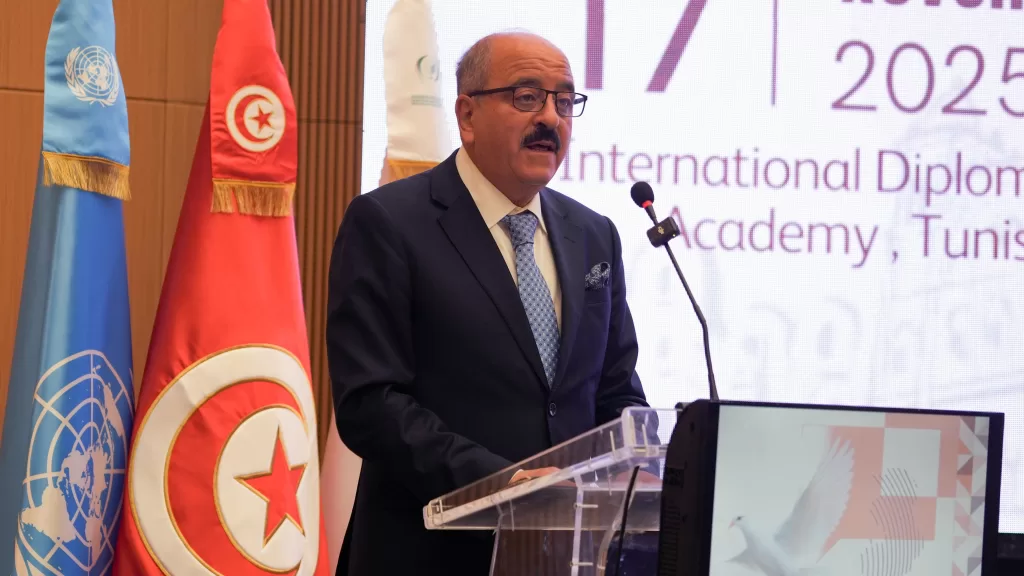
For his part, Mohamed Ali Nafti, Minister of Foreign Affairs, Migration, and Tunisians Abroad, stressed that civilizational alliance should not remain a rhetorical framework but must become an effective mechanism for addressing major issues that shake the human conscience, foremost among them the Palestinian cause and what civilians in Gaza are enduring under occupation.
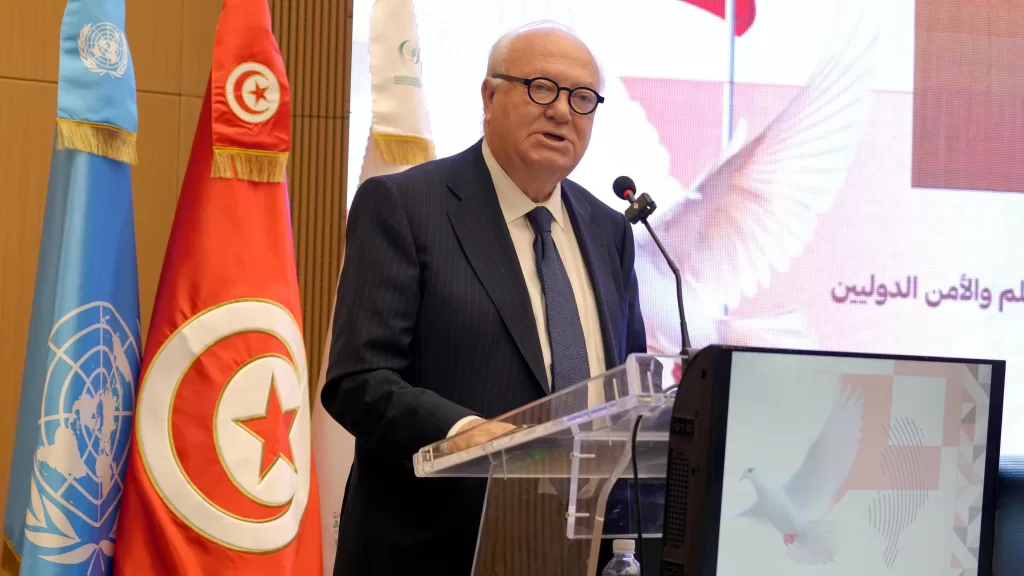
Similarly, Miguel Ángel Moratinos, High Representative for the United Nations Alliance of Civilizations, affirmed that peace is not built on fear or suspicion, but on dialogue, dignity, and mutual respect—values that form the essence of the Alliance and the reason for its existence.
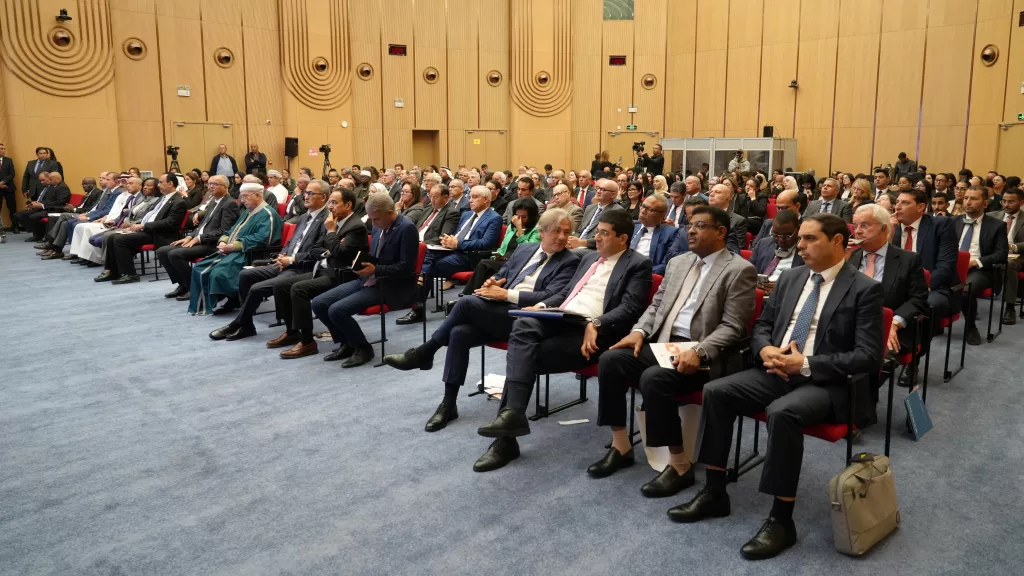
During the discussions, participants addressed the most pressing contemporary challenges facing intercivilizational dialogue, with special focus on the five pillars of the Alliance: education, media, migration, women’s empowerment, and the role of youth. They underscored the need to develop innovative mechanisms to consolidate values of mutual understanding and enhance societies’ capacities to counter hate speech and division, particularly amid rising international crises.
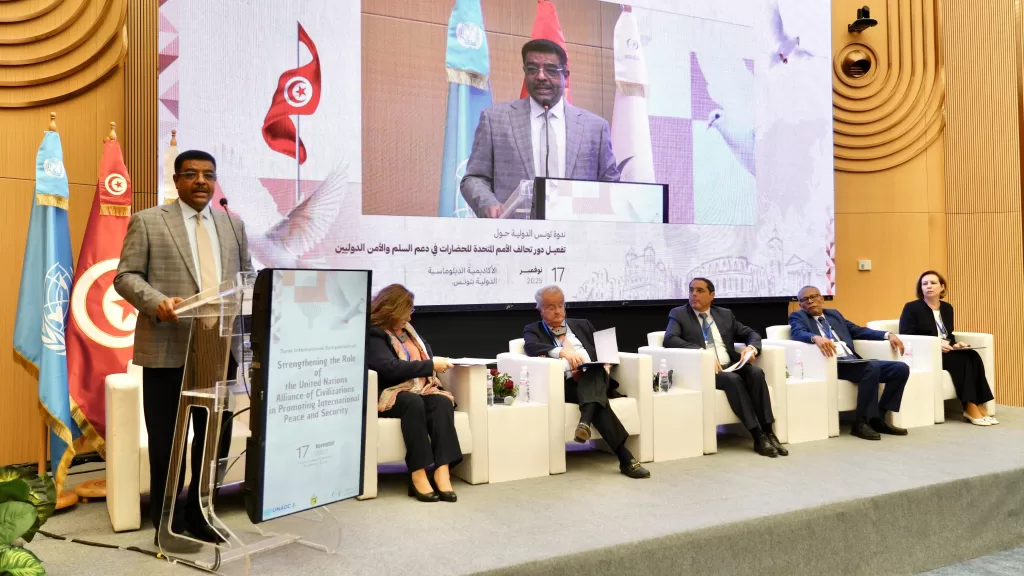
Following this, participants presented a set of practical proposals to reinforce the principles of the Alliance, most notably: launching national and regional initiatives for intercultural dialogue; developing plans to combat hate speech and misinformation; supporting the integration of women and youth in peace and reconciliation programs; enhancing international cooperation in civilizational diplomacy; developing preventive mechanisms to address conflicts with cultural or civilizational dimensions; and building the capacities of media institutions through specialized “Media for Peace” training programs.
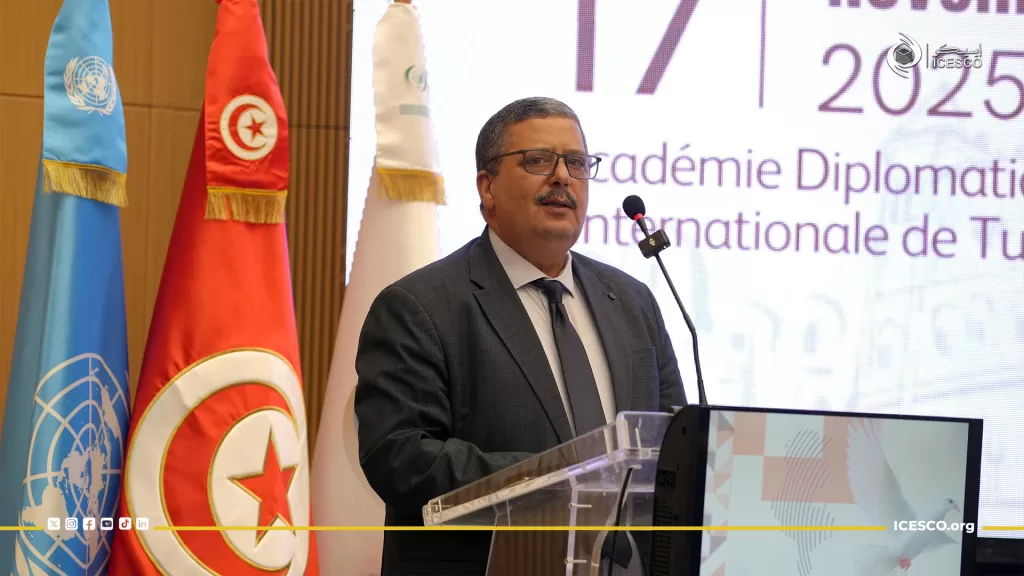
The symposium concluded by emphasizing the importance of strengthening multilateral cooperation and ensuring sustainable financial and logistical support for initiatives related to dialogue and peace, while renewing participants’ commitment to continuing joint efforts to entrench the values of understanding and to reinforce international efforts that support global peace and security.




